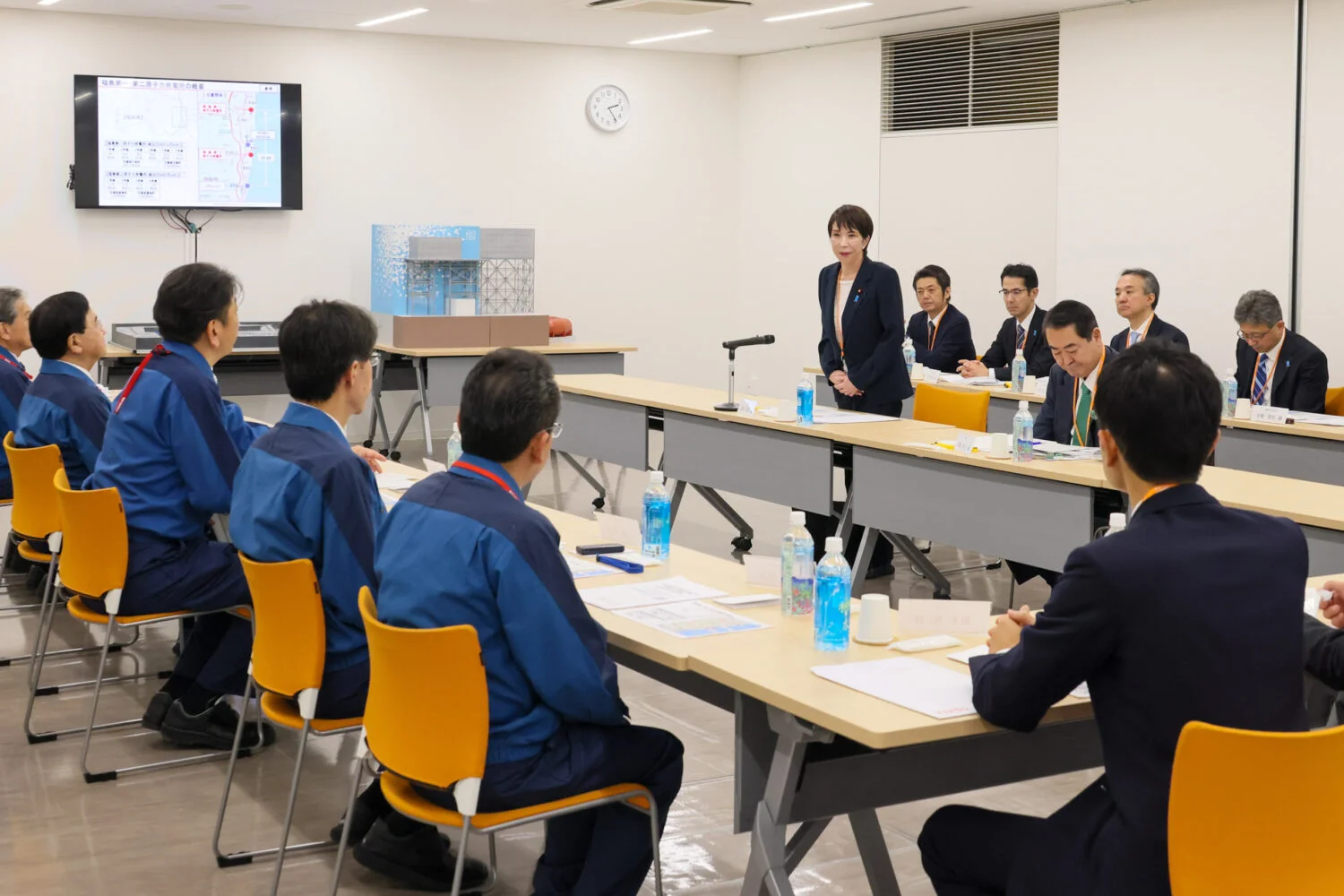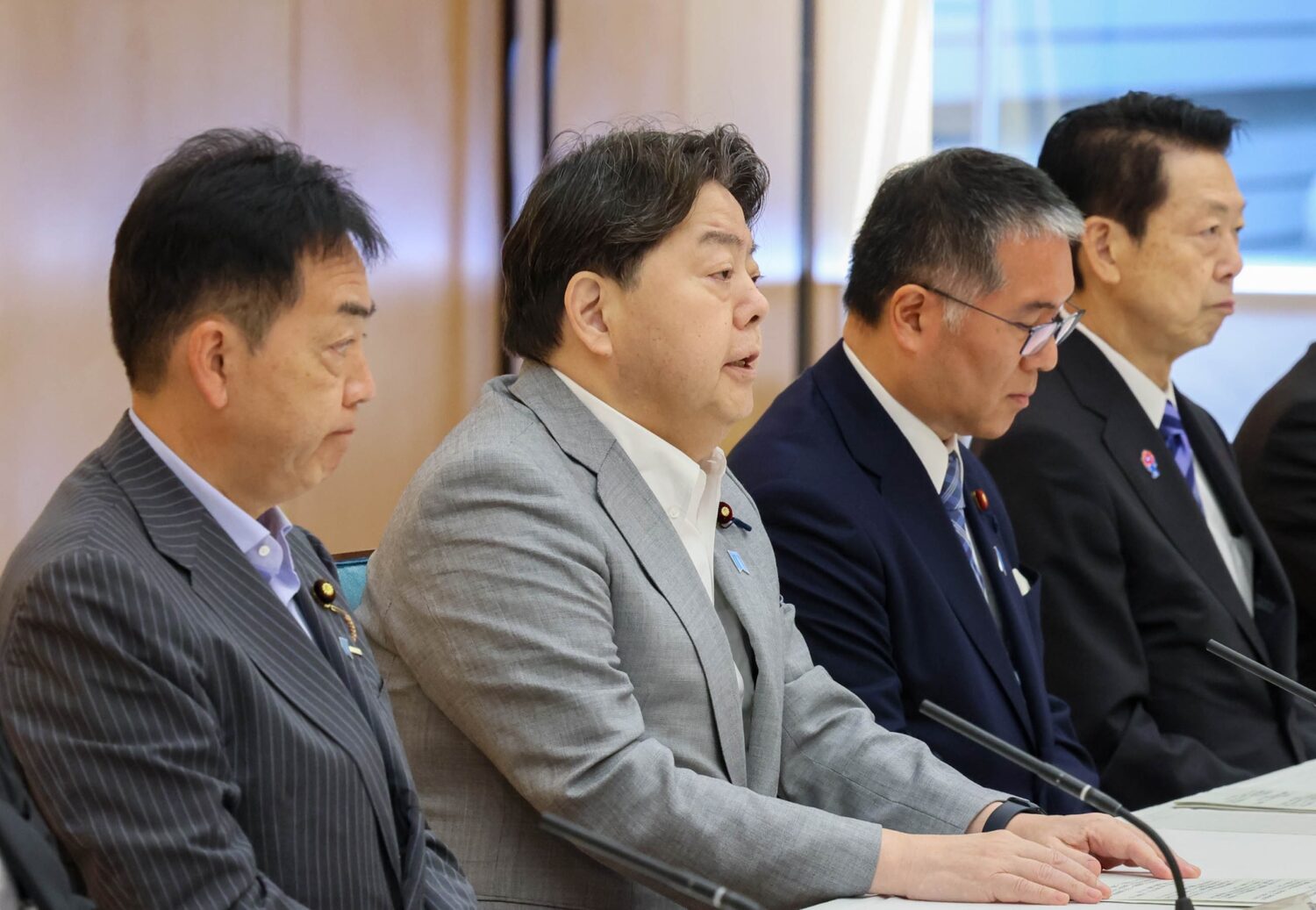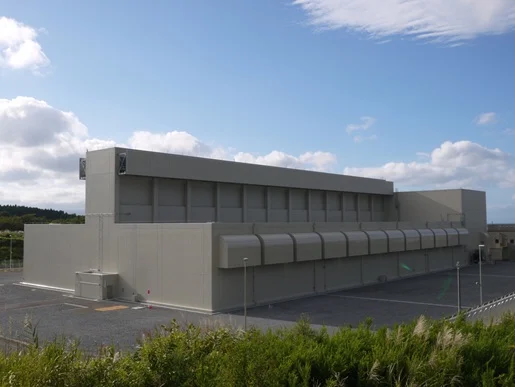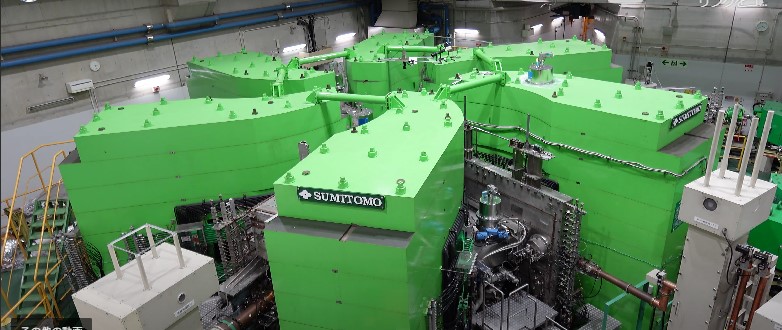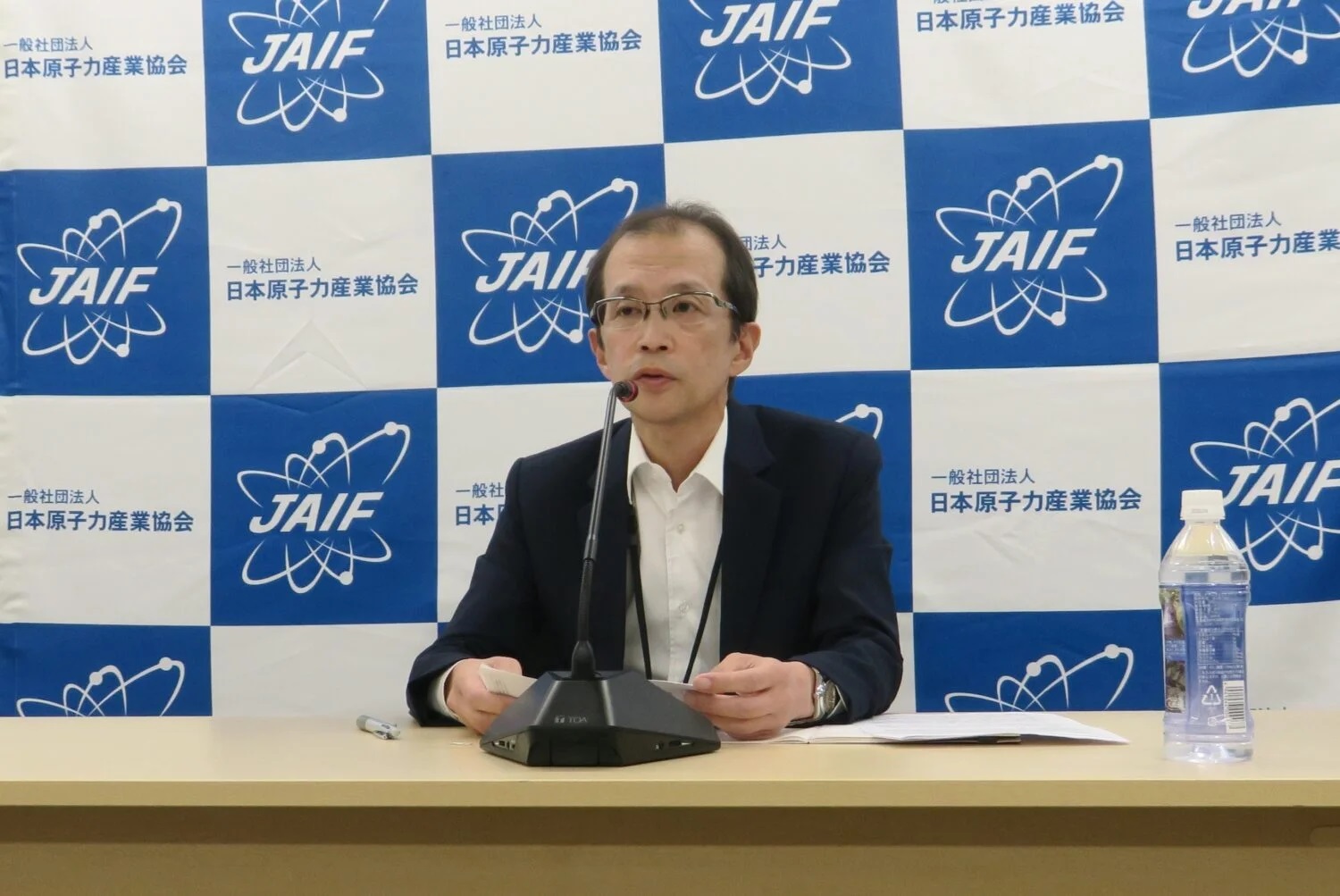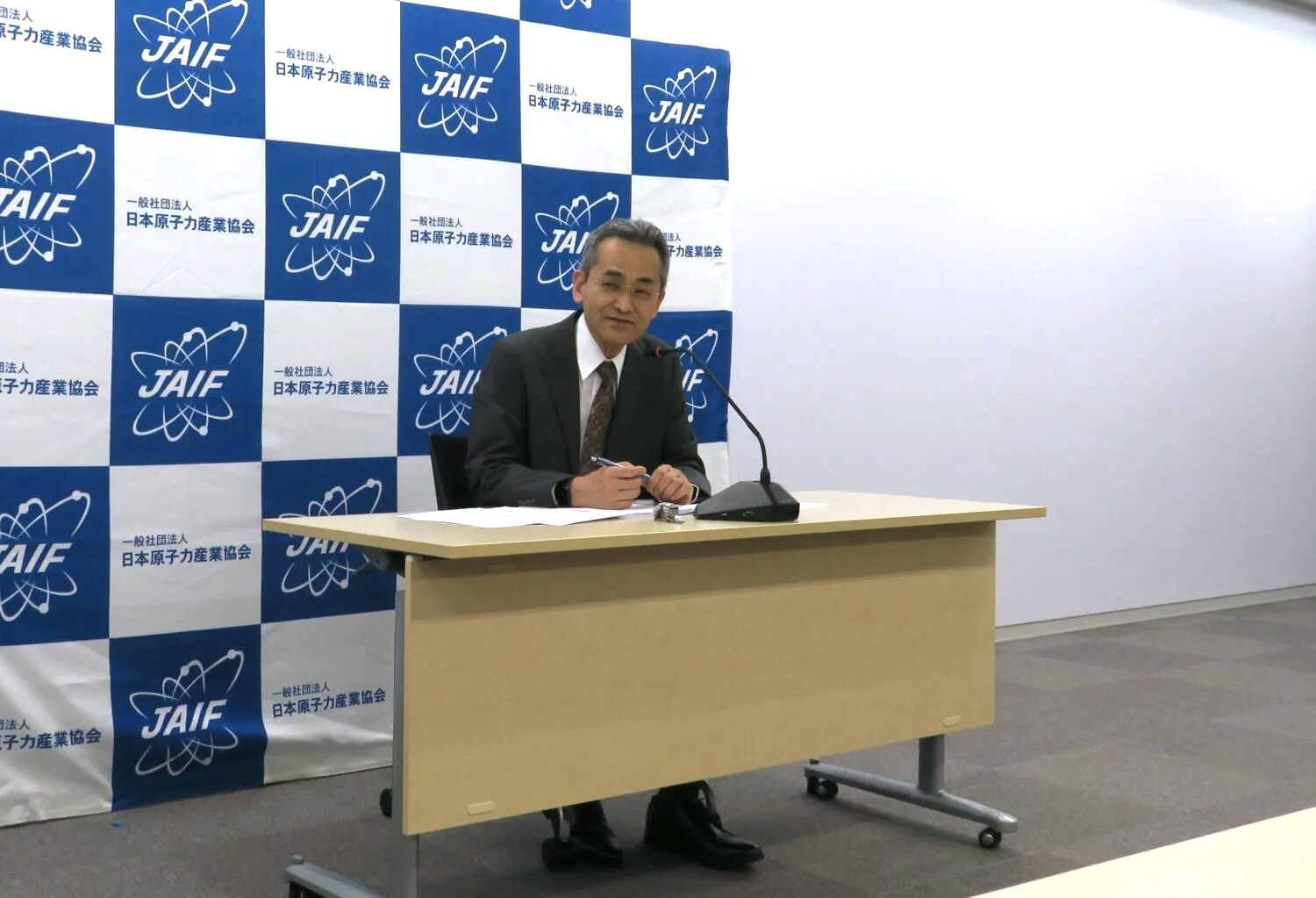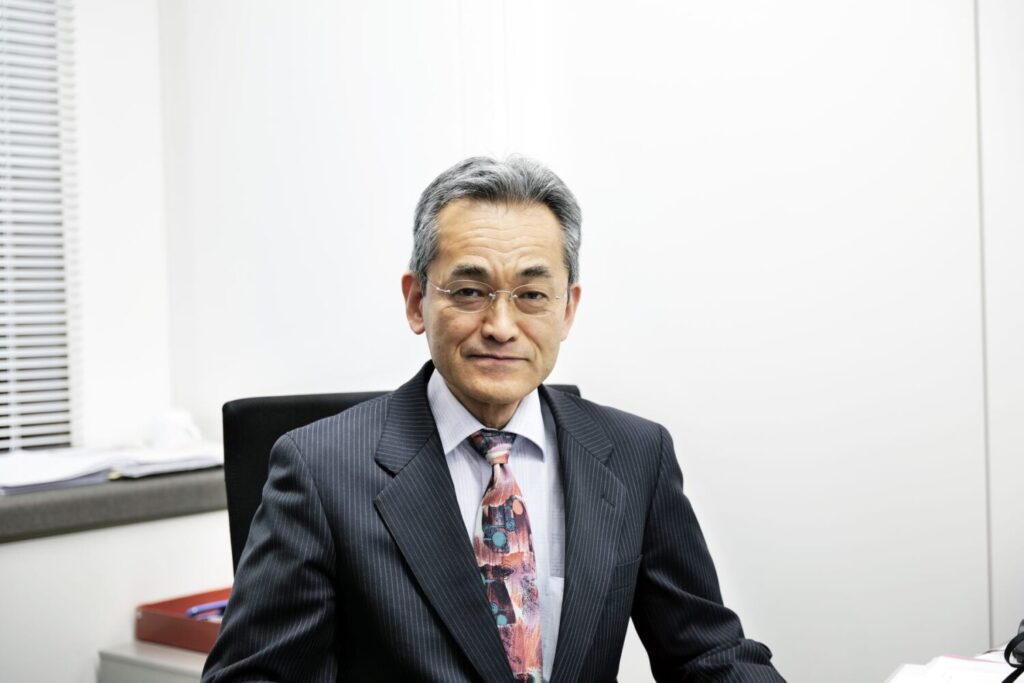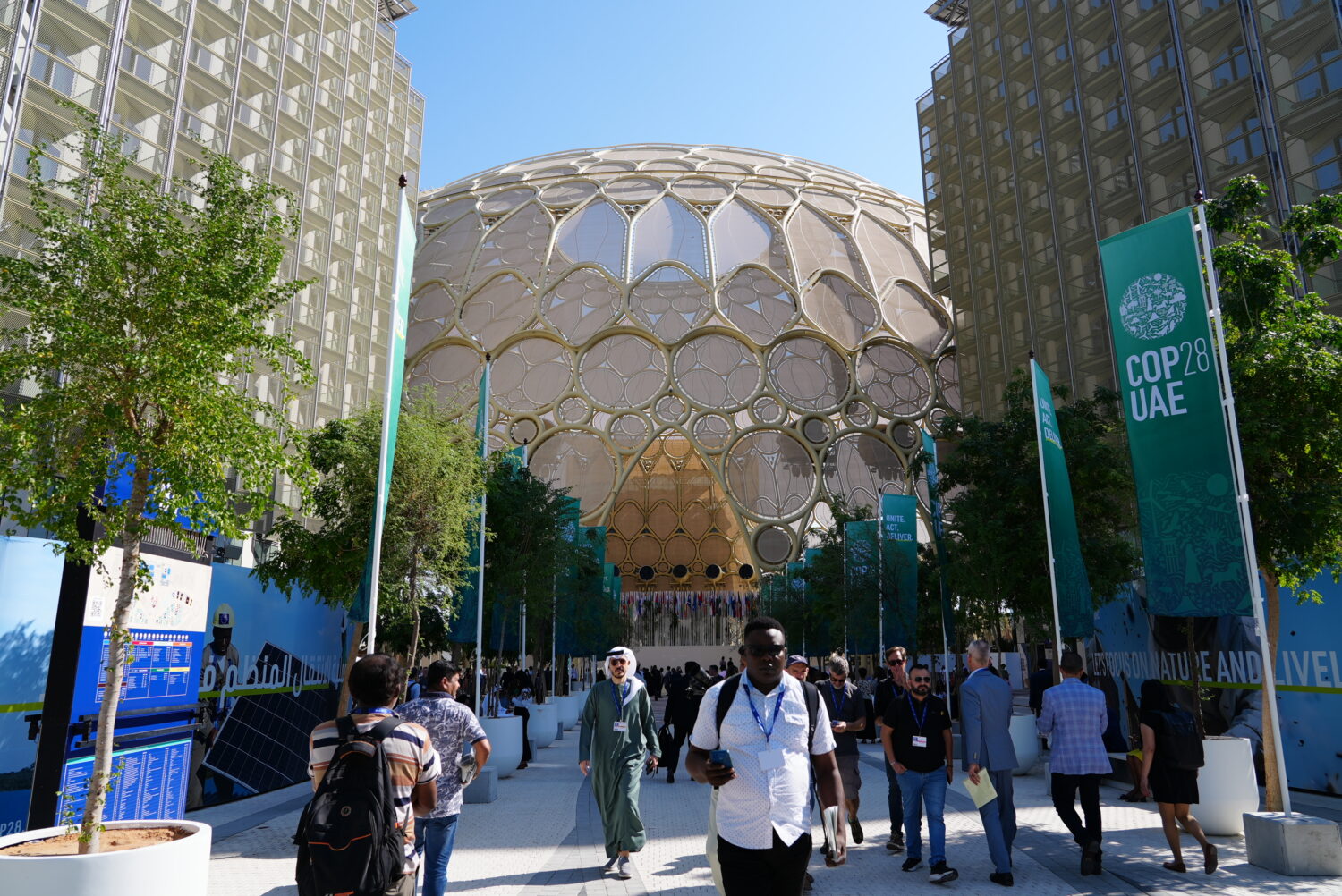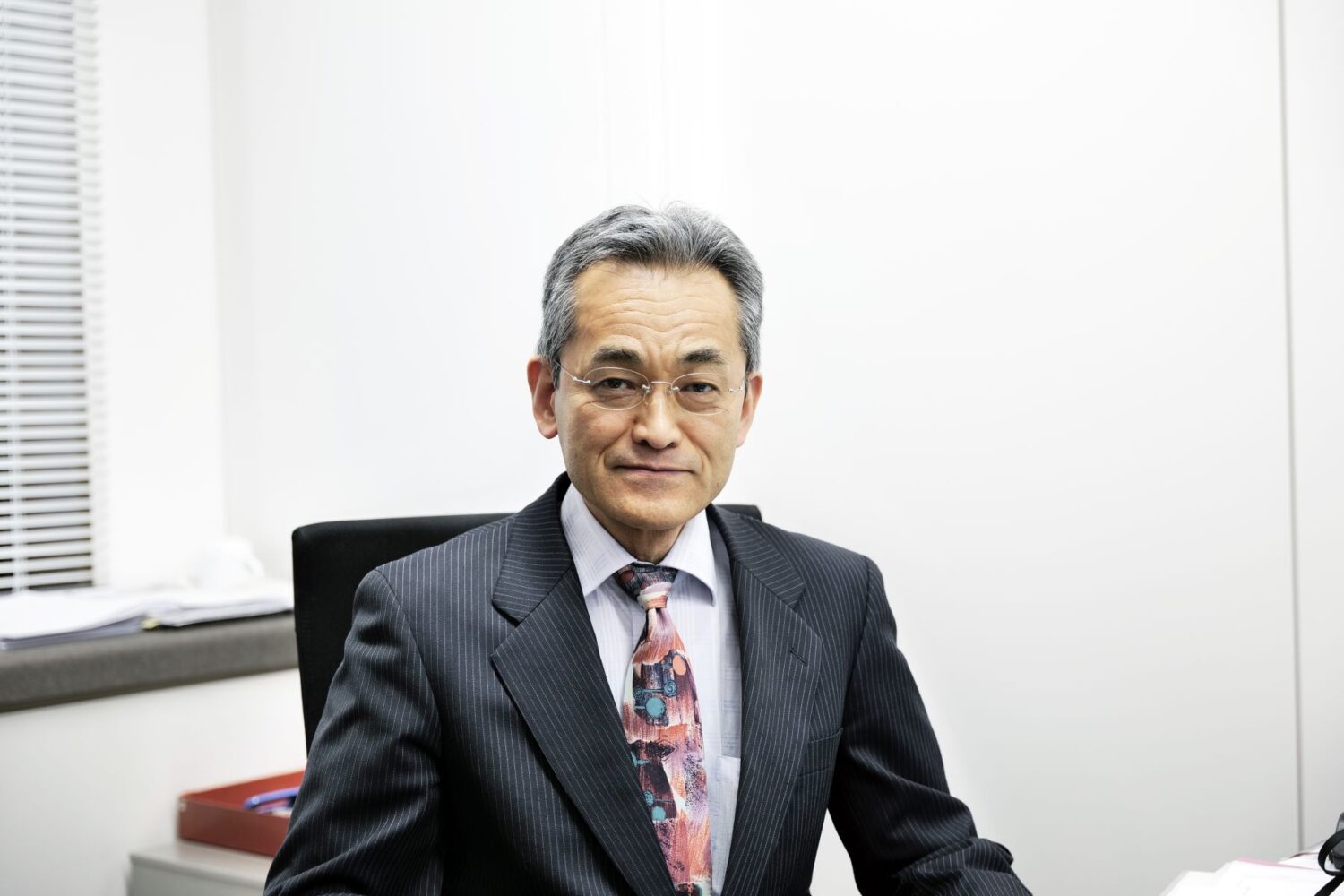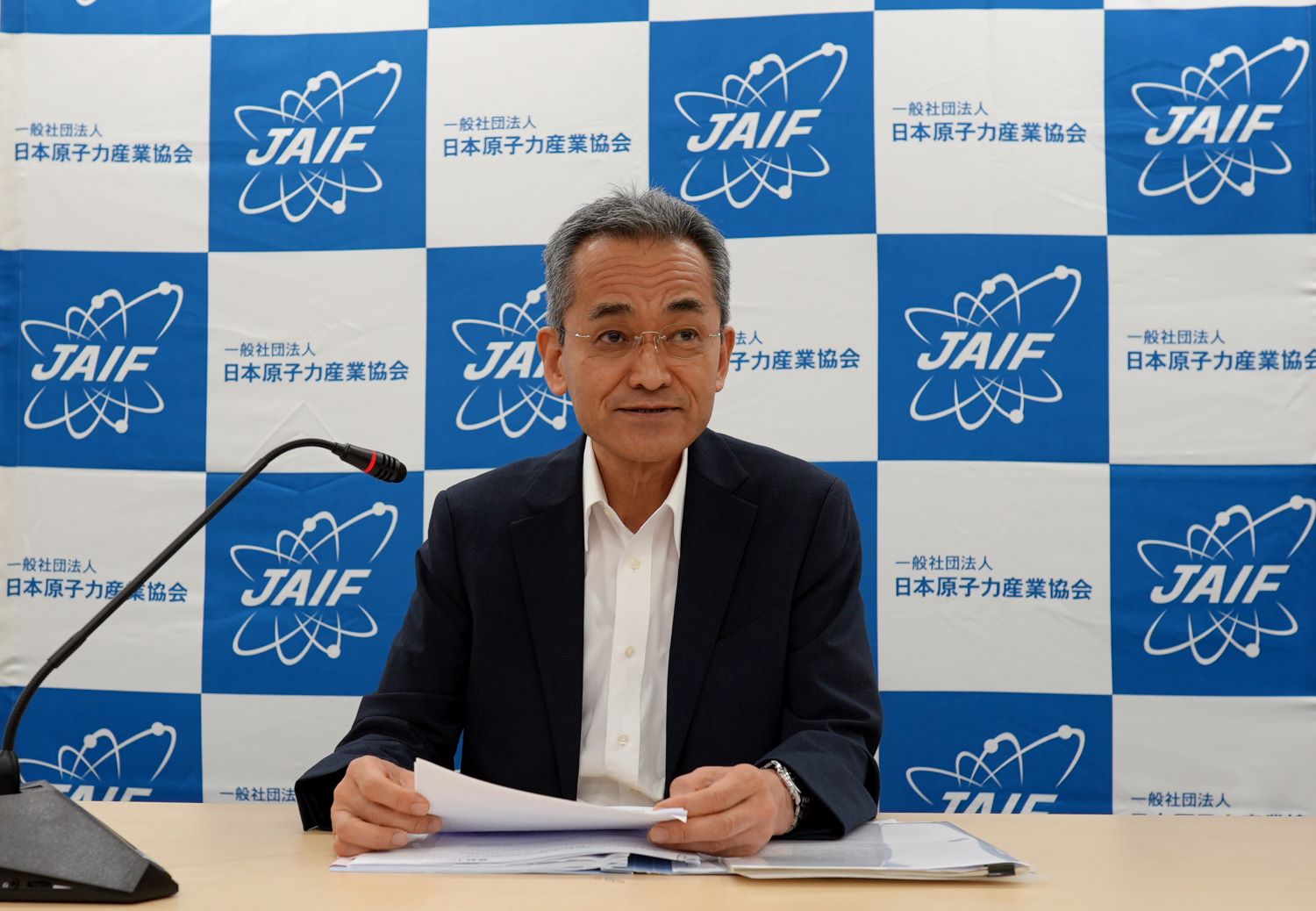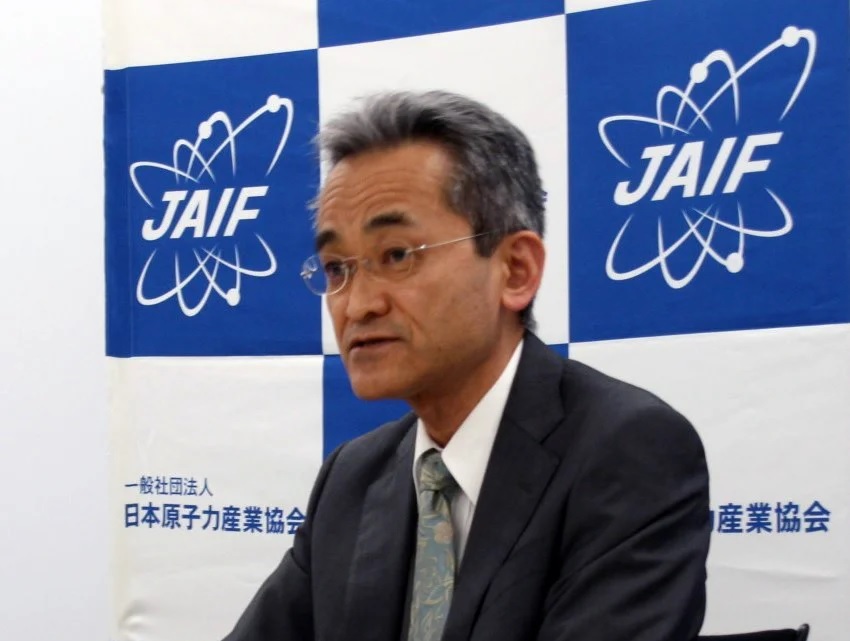Approaching 13 years since the March 11, 2011, accident at Fukushima Daiichi, President Arai first reiterated his deep sympathy and understanding for all who were affected by the accident, then expressed his respect for everyone working to rejuvenate the prefecture.
He next referred to recent activities toward reconstruction: specifically, the lifting of all evacuation orders in six municipalities in the prefecture for specified reconstruction and revitalization bases in areas designated as “where residents will not be able to return home for a long time,” and applications and certifications to return to Okuma, Futaba, Namie and Tomioka Towns, to newly designated specified living areas for returnees.
President Arai also talked about lifted or eased restrictions in other countries on importing food products produced in Fukushima, saying that exports marked a record high in FY21 and were the second highest in FY22.
Regarding the offshore discharge of water treated by the Advanced Liquid Processing System (ALPS) starting in August 2023, he voiced his recognition that it was an important step toward the completion of decommissioning, and expressed regret that the current situation of prohibitions of imports of marine products by neighboring countries in association with the discharge had not been improved.
Referring to the postponement in January 2023 of test removal of fuel debris from Unit 2 at Fukushima Daiichi, which had initially been scheduled for the latter half of FY23, he stressed that he wanted the operator to continue to make progress “step by step with top priority on safety.” He expressed the attitude of the nuclear industry, namely, that it would “firmly support decommissioning by the Tokyo Electric Power Co. (TEPCO) and make best efforts to expand consumption of Fukushima-made products.”
Lastly, President Arai said that he had submitted an opinion regarding the validation of power system reform being worked on by the Electricity and Gas Basic Policy Subcommittee under the Advisory Committee for Natural Resources and Energy.
He explained that his opinion was to ask for validation of the following points based on the need to build power systems enabling maximum use of nuclear energy: (1) that the energy mix in 2030 can be achieved under the current power system, and (2) as to the Long-Term Decarbonization Power Source Auction, whether it is an appropriate system from the viewpoints of financing and securing foreseeability in returns on investment.


